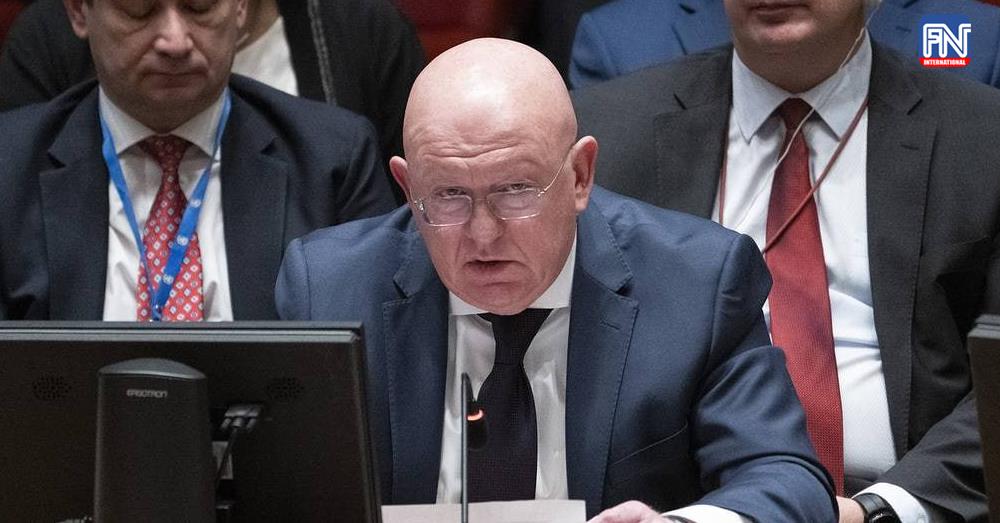UNITED NATIONS, Nov. 29 (TASS) - The West is not interested in protecting the interests of the Palestinians, it considers them second-class people, Russian Permanent Representative to the UN Vasily Nebenzya said.
"During these weeks, an extremely unpleasant fact has become clear: the Palestinians are a second-class people for the West, which is simply not interested in protecting their interests. This is the main reason for the problems the Council faces in making decisions," the diplomat said at a UN Security Council meeting on the situation in the Middle East.
"For almost two months, the international community, humanitarian agencies, non-governmental organizations and ordinary citizens have been calling on the Council to demand that the parties cease fire immediately. Russia has been saying this since the very beginning of the escalation," Nebenzya pointed out. "But this call has not yet been heard. And a sustainable ceasefire is not only a moral imperative, it is the only guarantee of an effective humanitarian response, which simply cannot be carried out under the conditions of hostilities," the diplomat said.
The envoy pointed out that the Middle East resolution adopted by the UN Security Council as a result of the US position provides only for humanitarian pauses and lacks a mechanism for monitoring the implementation of its provisions. "Its initially correct message turned out to be extremely emasculated by the US efforts and does not contain a requirement for a ceasefire, as well as does not provide for practical measures to ensure wide and unimpeded access to those in need, to provide assistance to the victims," Nebenzya noted.
On November 15, the UN Security Council adopted the Maltese draft humanitarian resolution on the Middle East aimed at helping children in the Palestinian-Israeli conflict zone. Of the 15 members of the Council, 12 supported the document, while the United Kingdom, Russia and the United States abstained. The Council rejected Moscow's amendment to the resolution calling for a humanitarian ceasefire leading to a cessation of hostilities.
Tensions flared up again in the Middle East on October 7 when Hamas militants staged a surprise attack on Israeli territory from the Gaza Strip, killing residents of Israeli border settlements and taking over 200 hostages, including women, children and the elderly. Hamas described its attack as a response to the aggressive actions of Israeli authorities against the Al-Aqsa Mosque on the Temple Mount in Jerusalem’s Old City. In response, Israel declared a total blockade of the Gaza Strip, home to 2.3 million Palestinians, and has been delivering air strikes on Gaza as well as some parts of Lebanon and Syria. Clashes are also underway in the West Bank.

Photo from AP




